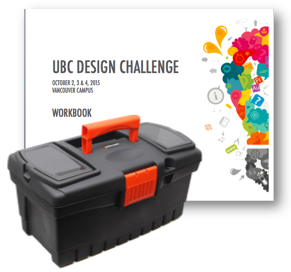 The UBC Design Challenge proposed for this year is:
The UBC Design Challenge proposed for this year is:
How might urban centres prepare for a water crisis – either flooding or drought?
This pilot event will involve 100 student participants from across campus and formed into 20 teams. Each team will tackle the water crisis issue through a product, service or policy innovation framework and will be provided with a design tool kit, training program and mentors to help them craft impactful solutions in 54 hours.
Context: This past summer has seen unprecedented dry weather across British Columbia. Vancouver has been in Stage 4 water restrictions since July with no lawn watering or car washing. This past winter, the local mountains only had 11% of the normal snowpack meaning that the reservoirs are not being refilled. Smoke from forest fires in other parts of the province blow into downtown with a smoky haze.
Just a couple of years ago, the City of Calgary, just on the other side of the Rockies from BC, was the centre of major flooding that cut off power to downtown, flooded large parts of the city and forced thousands of residents to evacuate. The city is still recovering and repairing damage caused by the floods.
Scientists predict that these events, once considered extreme, will become more and more common. Cities will feel the impact of both flooding and drought, also exacerbated by sea level rise in coastal cities. How will cities adapt? How will city planners ensure that their most vulnerable populations are protected? How can cities continue to deliver adequate supplies of drinking water during dry seasons? How will cities pay for adaptation measures? What can cities learn from other parts of the world that have been dealing with these issues for a long time? And, perhaps the largest challenge, how can cities prepare for both prolonged droughts and flash floods, events that may require very different adaptation measures?

